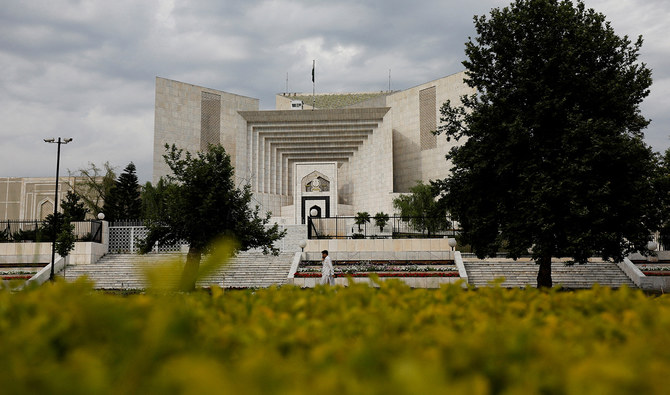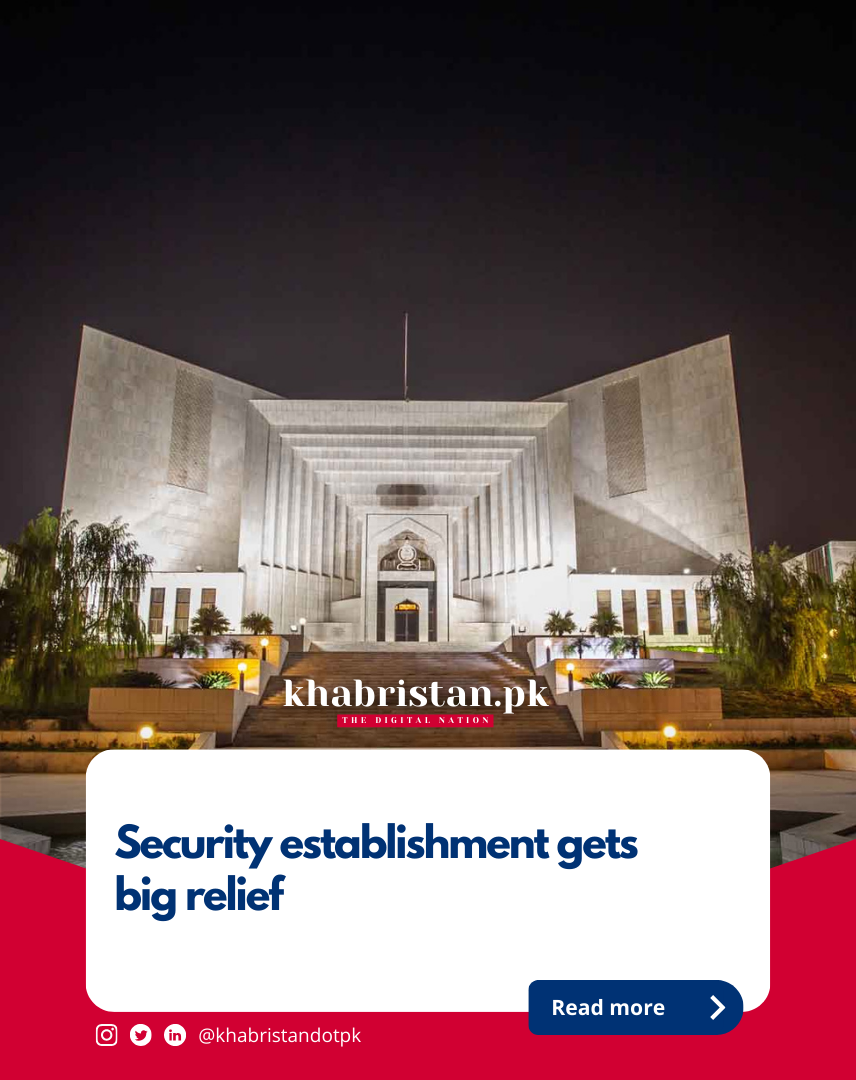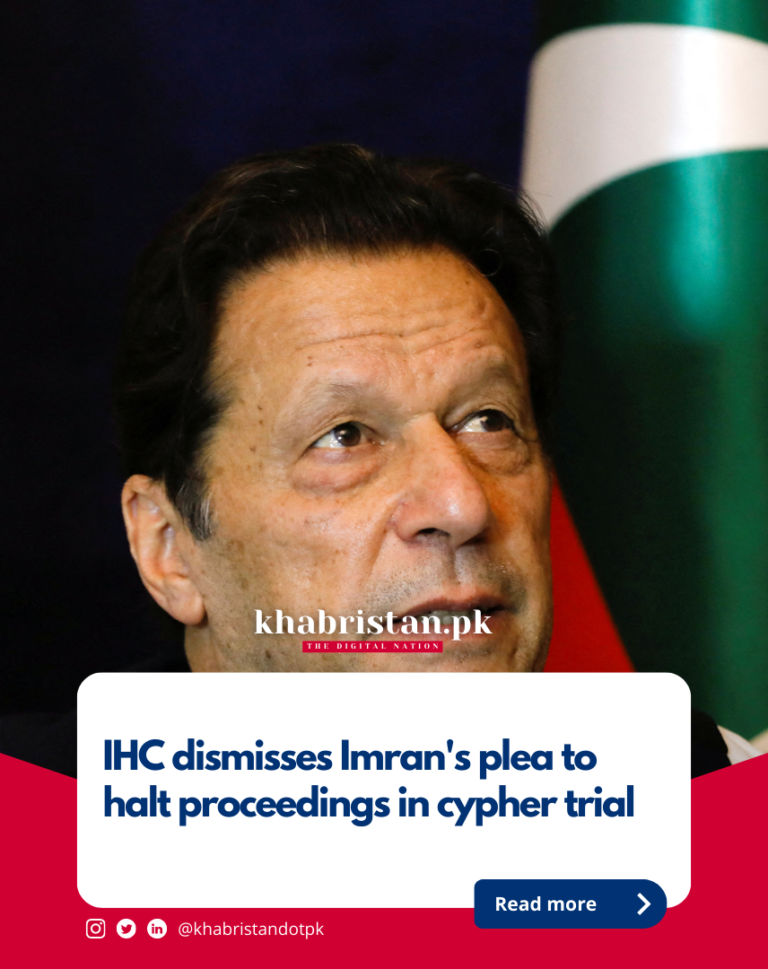In the capital city of Islamabad, the Supreme Court has granted conditional approval for the trial of 104 individuals involved in the May 9 riots, primarily consisting of Pakistan Tehreek-e-Insaf (PTI) workers and supporters, in military courts.

Remarkably, the Pakistan Bar Council and the Supreme Court Bar Association, representing legal professionals, have not yet provided their perspective on the temporary relief order, and the detailed justifications for this decision are pending.
While the interim relief has alleviated concerns for the security establishment, a considerable number of lawyers, including PTI supporters, are critical of the five judges for suspending the court’s October 23 ruling, which deemed the trial of civilians in military courts as unconstitutional.
This development has significant implications for high courts currently handling the May 9 rioting case, limiting their ability to grant relief to five female detainees held since the incidents. Additionally, it has dimmed the hopes of PTI, seeking redress from the Supreme Court against actions by state institutions following the May 9 events.
Notably, the composition of the six-member larger bench is noteworthy, excluding vocal judges with strong opinions on civil liberties matters. Justice Musarrat Hilali stands out as an exception, dissenting from the majority opinion and voting against suspending the October 23 judgment.
Since assuming the role of Chief Justice of Pakistan, Qazi Faez Isa has demonstrated restraint concerning matters related to the security establishment, allowing unimpeded actions following the May 9 incidents. In contrast to his predecessor, Umar Ata Bandial, who was considered pro-establishment, CJP Isa has not obstructed actions but has focused on correcting past mistakes.
The Supreme Court’s seriousness about the May 9 incidents is evident in its handling of related petitions, including those from Imran Khan, Aitzaz Ahsan, and challenges to amendments in the Official Secrets Act, 1923.
Interestingly, the Supreme Court has not scheduled a hearing for PTI Vice Chairman Shah Mahmood Qureshi’s bail plea in the Cipher case, filed on November 20. The urgency of this matter is emphasized by the Islamabad High Court’s directive to conclude the trial within four weeks.
CJP Isa’s approach appears to prioritize high courts adjudicating these issues and avoids political parties exploiting the Supreme Court for their gains. The larger bench will also address the case related to the life disqualification of lawmakers under Article 62 (1) (f) of the Constitution, potentially benefiting figures like Nawaz Sharif and Jahangir Khan Tareen if lifetime disqualification is lifted.
As judicial politics unfold, dissent among judges who were close to former CJP Bandial is evident, with letters exchanged and available on the Supreme Court website. Accountability within the judiciary and judicial reforms are focal points for CJP Isa, who may require support from the executive, particularly the security establishment, to advance these objectives.
Legal experts have offered varying opinions on the December 13 order, with some considering it a “legal astonisher” and expressing concerns about declining trust in state institutions. Disapproval of the decision has led to planned strikes by bars in Balochistan, highlighting the contentious nature of the court’s interim decision.








Leave a Comment